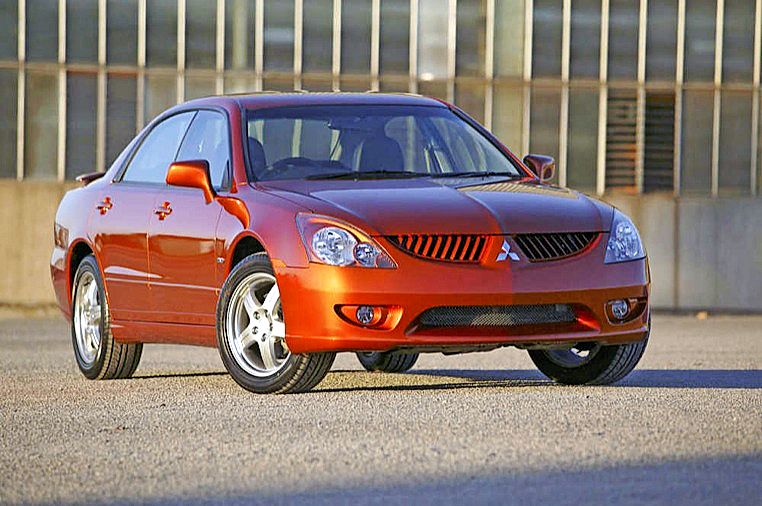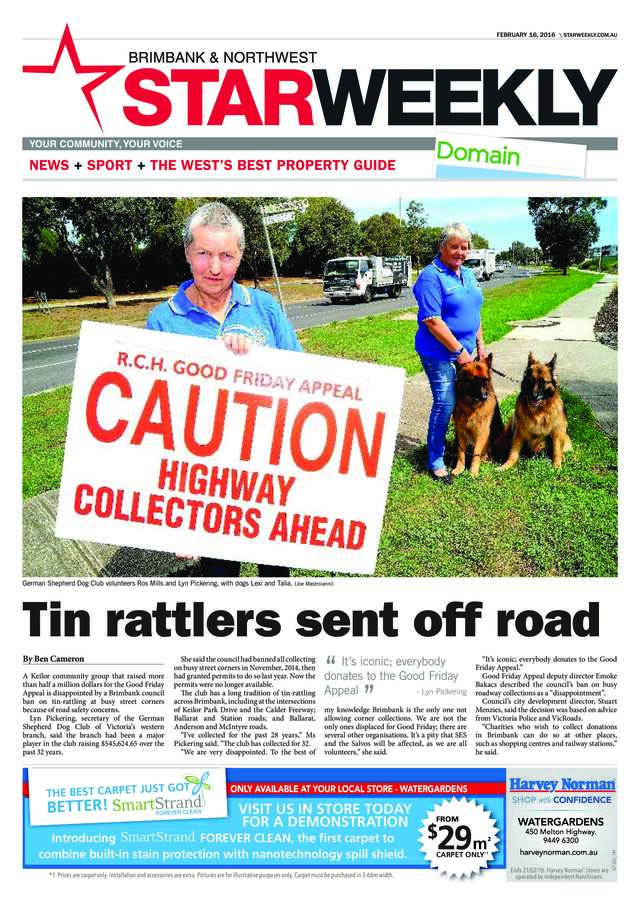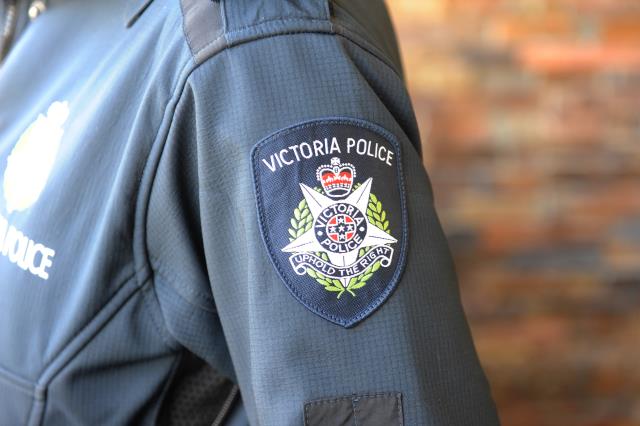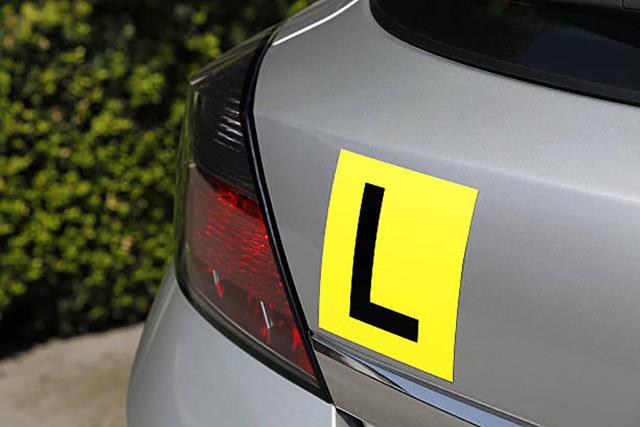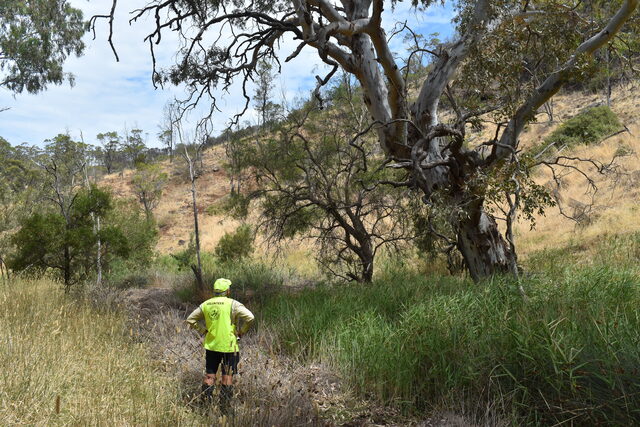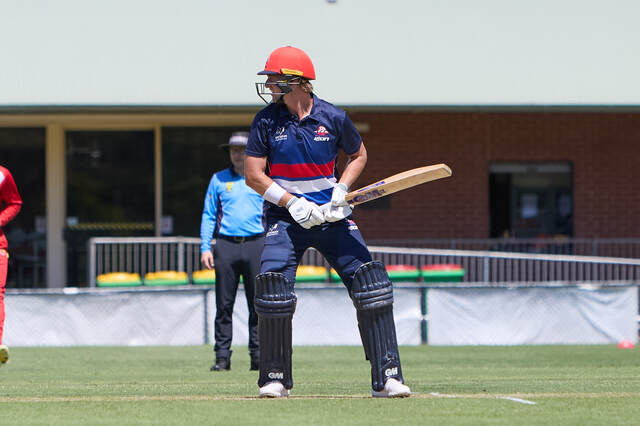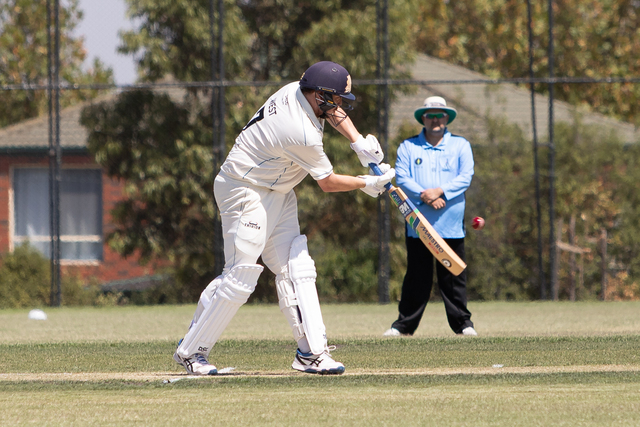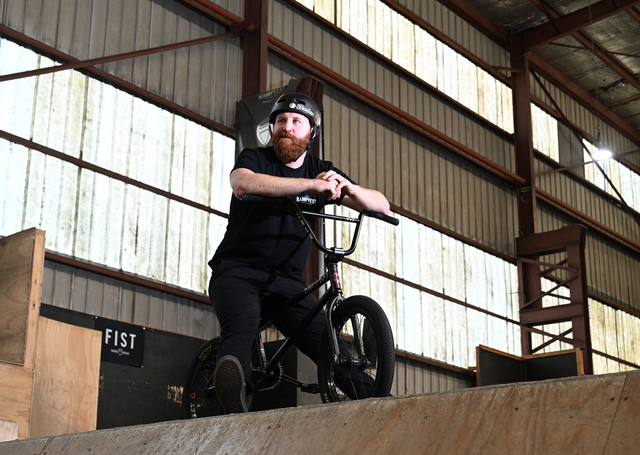Australian designed and built, the Mitsubishi Magna showed Holden and Ford a thing or two about family car design when introduced in 1985.
A smooth, refined ride and excellent noise, vibration and harshness suppression were big features of the Magna, even more so in the upmarket Verada versions.
The front-wheel drive Magna was also relatively economical, with big four cylinder and V6 options.
1997 MAGNA SPORTS
What to look for …
• Because it’s front-wheel drive, look at and feel the front tyres to check for uneven wear and tear. This may indicate front suspension problems, perhaps because a front wheel has been kerbed – or because the car has been in a smash.
• Rust is seldom a problem, but in a few Magnas it is found in the bottom edges of the doors, boot lid and/or tailgate, and the fuel filler flap.
• Look for signs of damage to seats, carpets and trim, including inside the boot.
• Examine the top of the dash and rear shelf for faded or cracked plastic caused by sunlight.
• Automatic transmission problems have dogged these Mitsubishis, but are less frequent in newer models. If an automatic gear shift suddenly moves into neutral, have it checked.
• Check paintwork and the bumper bar around the exhaust tailpipe for an oily film, indicating engine problems.
• Make sure the brakes pull the car up straight. ABS, if fitted, will pulse back through the pedal on hard application.
By Ewan Kennedy

